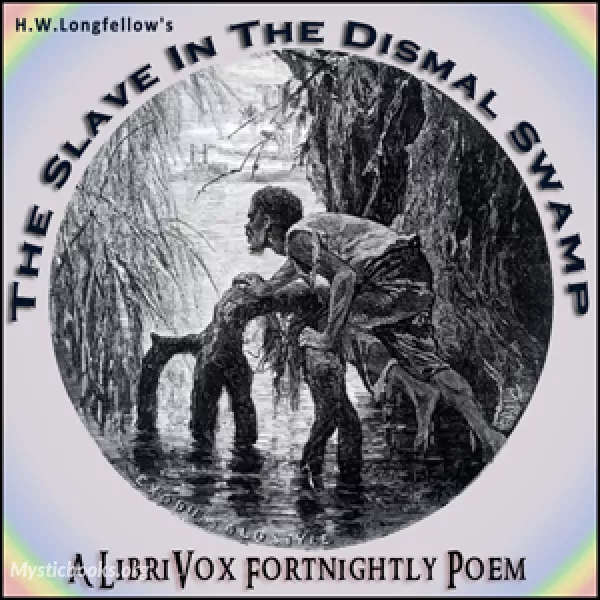
The Slave In The Dismal Swamp
'The Slave In The Dismal Swamp' Summary
The Slave in the Dismal Swamp by Henry Wadsworth Longfellow is a powerful poem that tells the story of a runaway slave who seeks refuge in the treacherous Dismal Swamp. The poem is a moving depiction of the plight of enslaved people and the courage and determination of those who fought for their freedom.
The poem begins with the image of the slave hiding in the swamp, surrounded by the sounds of the night. The poet describes the slave's fear and loneliness, but also his strength and resolve.
In dark fens of the Dismal Swamp
The hunted slave finds a home:
He hears no sound but the owl's low cry,
And the wolf's long howl alone.
The slave is hunted by his former masters, who are determined to recapture him. But the swamp is on the slave's side. It is a dangerous and unforgiving place, but it is also a place where the slave can be free.
He hears no sound but the plash of the tide
As it creeps through the reeds and the mosses low;
And the distant sob of the negro slave,
As he dreams of the freedom his heart doth know.
The poem explores the complex emotions of the slave, who is both grateful for the freedom he has found in the swamp and terrified of being recaptured.
He hears no sound but the sob and the sigh
Of the mother who weeps for her child away;
And the prayer that she breathes to the pitying sky
To send him back to her arms today.
The poem ends with the slave reaffirming his commitment to freedom. He knows that the swamp is not a safe place to stay forever, but he is determined to remain free until he can find a way to escape to the North.
But the hunter comes with his eager pack,
And the negro wakes from his dream;
He hears the baying of the hound
And the crack of the rifle's gleam.
But he heeds them not, though the bullets fly,
And the hounds are pulling him down;
For he knows that to live he must flee from death,
And the swamp is his only ground.
Essence and spirit of the book:
The Slave in the Dismal Swamp is a poem about the resilience of the human spirit and the power of hope. It is a story about a man who is determined to be free, no matter the cost.
The poem is also a reminder of the atrocities of slavery and the importance of fighting for freedom. It is a poem that will stay with you long after you finish reading it.
Essay:
The Slave in the Dismal Swamp is a powerful and moving poem that tells an important story. It is a story about the resilience of the human spirit and the power of hope.
Longfellow's poem is a masterful example of the use of language and imagery to create a vivid and emotional experience for the reader. The poet's use of sound effects, such as the "plash of the tide" and the "crack of the rifle's gleam," helps to transport the reader into the swamp and to feel the slave's fear and determination.
The poem also explores the complex moral and ethical issues surrounding slavery. Longfellow does not shy away from the brutality of slavery, but he also offers a message of hope and possibility. The slave in the poem is a symbol of the human spirit's capacity to overcome even the most difficult circumstances.
The Slave in the Dismal Swamp is a timeless poem that is still relevant today. It is a poem that reminds us of the importance of freedom and the power of the human spirit. It is a poem that everyone should read.
Book Details
Authors
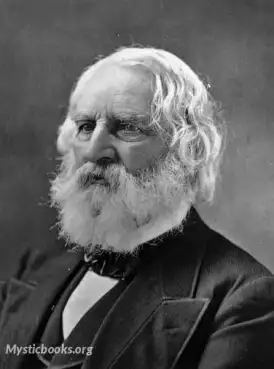
Henry Wadsworth Longfellow
United States
Henry Wadsworth Longfellow was an American poet and educator whose works include "Paul Revere's Ride", The Song of Hiawatha, and Evangeline. He was the first American to translate Dante Alighieri's Di...
Books by Henry Wadsworth LongfellowDownload eBooks
Listen/Download Audiobook
- Select Speed
Related books
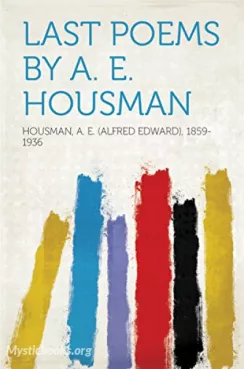
Last Poems by A. E. Housman
In the twilight of his literary journey, A. E. Housman graces us with his final poetic masterpiece, "Last Poems." Within its pages, the poet delves de...
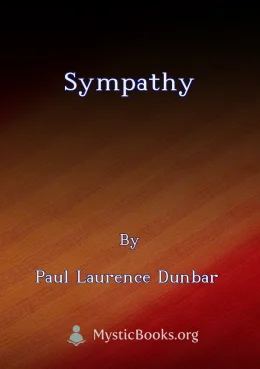
Sympathy by Paul Laurence Dunbar
LibriVox volunteers bring you 16 different recordings of Sympathy, by Paul Laurence Dunbar in honor of Martin Luther King Day. Listeners will recogniz...
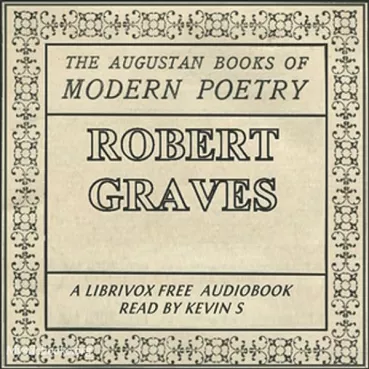
Augustan Books of Modern Poetry: Robert Graves by Robert Graves
Step into the poetic realm of Robert Graves, where words dance like ethereal melodies and emotions intertwine like the threads of fate. In "Augustan B...
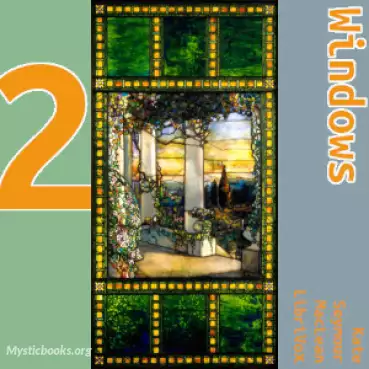
Two Windows by Kate Seymour MacLean
Kate Seymour was born in America and moved to Canada upon her marriage. She was a well-known poet in her day, published in Canadian and American perio...
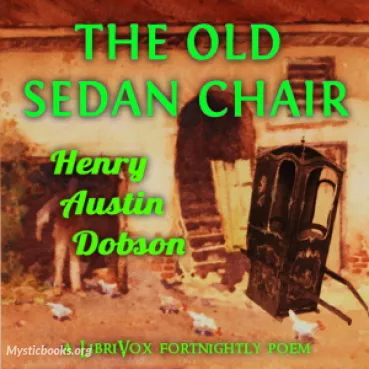
The Old Sedan Chair by Henry Austin Dobson
The poem tells the story of a young girl who is taking a ride in an old sedan chair through the streets of London. Dobson's writing style is character...
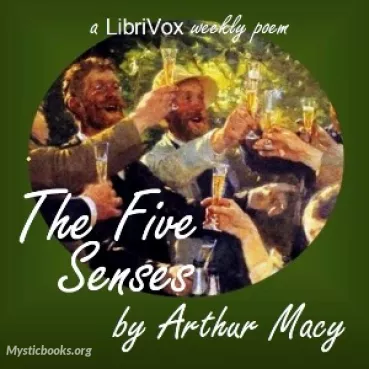
The Five Senses by Arthur Macy
In "The Five Senses" by Arthur Macy, embark on a poetic journey that transcends the ordinary and delves into the profound tapestry of human experience...
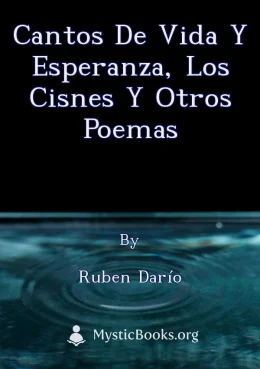
Cantos de Vida y Esperanza, los Cisnes y Otros Poemas by Ruben Darío
Cantos de Vida y Esperanza is a collection of poems by Nicaraguan poet Rubén Darío, published in 1905. The collection is considered a landmark in Span...
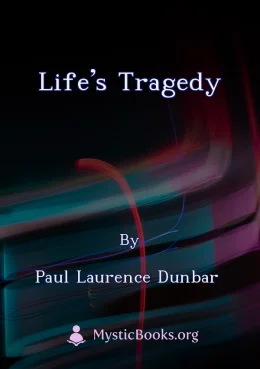
Life’s Tragedy by Paul Laurence Dunbar
Life's Tragedy is a collection of poems by Paul Laurence Dunbar that explores themes of race, love, loss, and the complexities of African American lif...
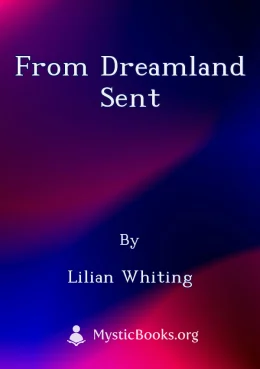
From Dreamland Sent by Lilian Whiting
'From Dreamland Sent' is a collection of poems by Lilian Whiting, a prominent American writer of the late 19th century. The poems explore themes of l...
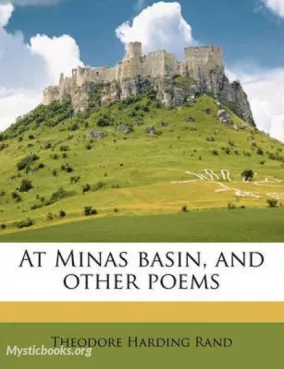
At Minas Basin and Other Poems by Theodore Harding Rand
Amidst the whispers of coastal winds and the eternal dance of tides, "At Minas Basin and Other Poems" transports readers on a lyrical journey through...
Reviews for The Slave In The Dismal Swamp
No reviews posted or approved, yet...